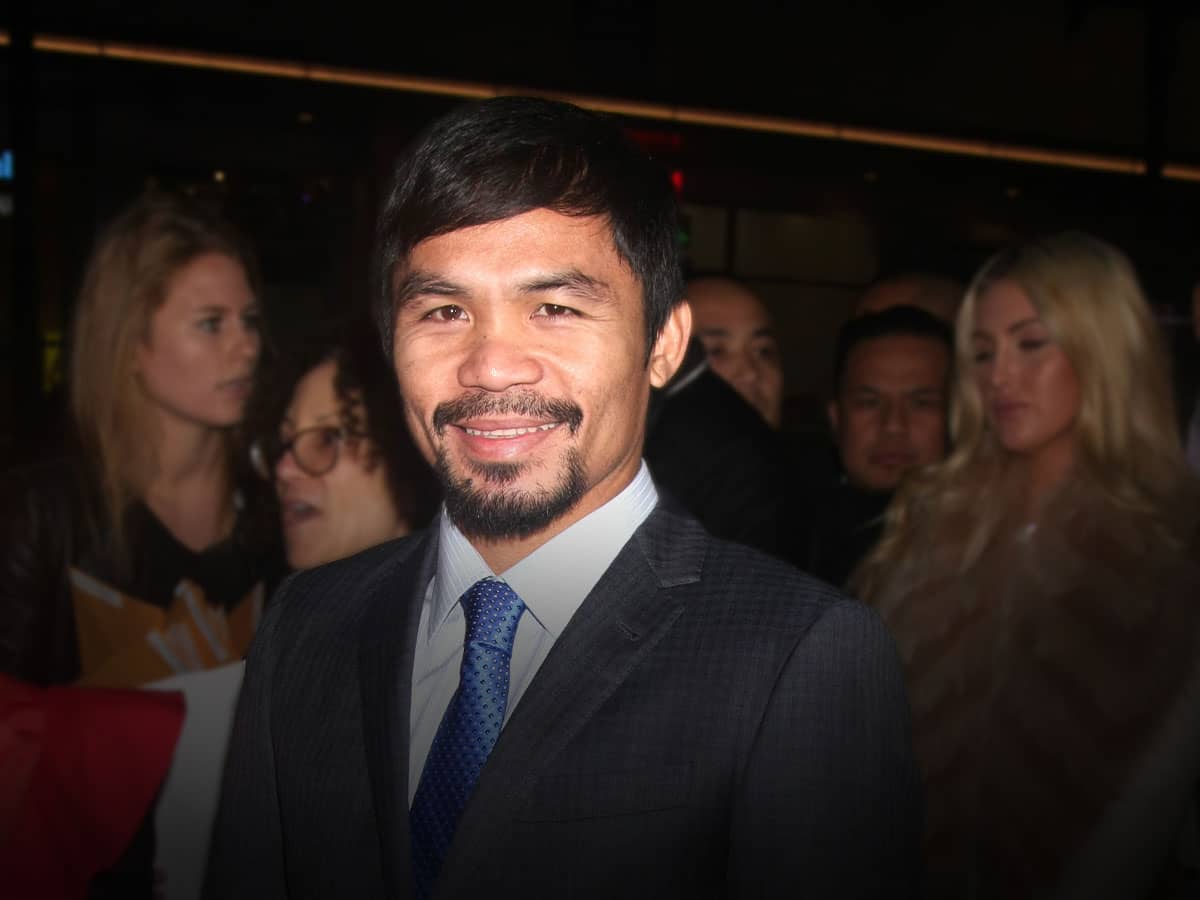Writers with short memories act as if the 2000 campaign has no precedent in this respect. Those with longer memories recall that in 1952 people fought over Adlai Stevenson's Unitarianism, in 1960 over Kennedy's Catholicism, in 1976 over Carter's Baptisthood, in 1980 over Reagan's appeal to the Christian Right, in two campaigns over Jesse Jackson's status as "Reverend," and in 1996 over whether or not Clinton was a good Baptist.
For twenty-four years the Christian Right helped drive the political agenda, and in some campaigns three or four Democratic primary contenders had attended divinity school. Old stuff.
However, the latest presidential campaign finds candidates in both parties bannering their personal faith, advertising that they are good Christians and thus, we are led to deduce, people of good character. What does one make of it?
Two things to start with. First, an apt paraphrase of novelist Mary McCarthy: "Religion makes good people good and bad people bad." There seems to be something antecedent to, parallel to, and independent of mere religious belonging or profound religious commitment that helps produce good people and bad people in the civic sense. (Ask Aristotle for details.) Some born-agains are bad characters and some agnostics are good ones, and vice versa. We need truth in packaging.
The second observation: why imply that one becomes a "good" Christian by becoming a Christian, no matter how profound the experience? We've heard of a Mennonite of profound ethical instincts who was being pressed by an intense would-be converter: "Are YOU a Christian? Are you a CHRISTIAN?"
The Mennonite's advice: here's a list of the ten people who, I believe, think the best of me, and here's a list of ten people who hate my guts. Why not interview them and find out what they think, and then you can do more deciding as to whether I'm a Christian.
I would just as soon duck overpublicized events like presidential campaigns. Religion in them is too obvious to need much noting and accenting. But it is hard to duck comment on what everyone determines is important.
"You always wanted religion to be part of the public discourse. Now it's here and you don't like the form it's taken. Are you never satisfied?"
People in our business hear that regularly these days. Being happy that candidates are happy in their faiths is fine with observers of our sort.
But politically, we will be interested in precisely how candidates interpret and act upon their faith in public policy.

